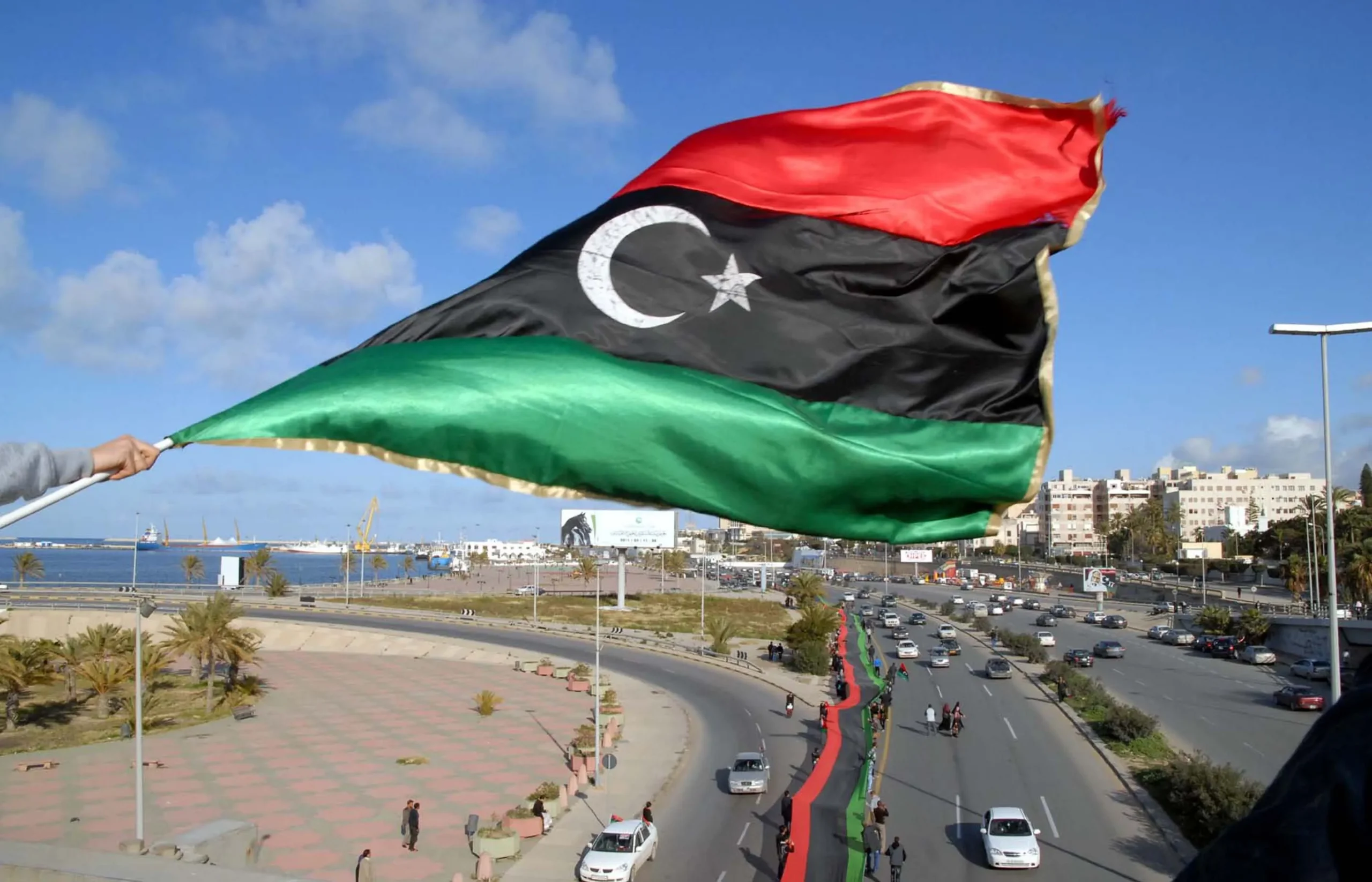
Amid renewed violence and political deadlock in Libya, Egypt has reiterated its support for an inclusive, Libyan-led solution aimed at restoring stability through free and transparent elections.
Speaking on Tuesday, July 8, Egyptian Foreign Minister Badr Abdelatty reaffirmed Cairo’s “unwavering support for a Libyan-led solution,” sharply criticizing foreign interventions that, he said, have only deepened the institutional and military divides within the country.
His remarks came just two days after violent clashes between rival militias erupted in Tripoli, underlining the fragile security landscape that continues to plague the North African nation.
Sharing over 1,000 kilometres of border with Libya, Egypt has long viewed its neighbour’s turmoil as a matter of national security. While welcoming recent efforts by Libyan security authorities to restore calm, Cairo warned that any return to armed confrontation would be disastrous. “Only a political solution can guarantee lasting peace,” the Egyptian government stated.
Central to Egypt’s position is the urgent need for “free, inclusive and internationally supervised” presidential and parliamentary elections. Cairo views such a vote as a prerequisite for rebuilding legitimate institutions and reuniting the divided country.
In this context, Egypt has voiced strong support for the initiative led by the High Unification Council, which seeks to merge the legal and constitutional frameworks of Libya’s two principal rival factions: the Tripoli-based Government of National Accord and the eastern administration backed by Field Marshal Khalifa Haftar.
Egypt’s stance aligns with its active diplomatic role since 2020, particularly through the “Cairo Process” and coordination with the United Nations Support Mission in Libya (UNSMIL).
Regional powers including the United Arab Emirates, Jordan, and Saudi Arabia have also expressed their endorsement of Egypt’s position, emphasizing the importance of preserving Libya’s sovereignty and territorial integrity.
For Egypt, Libya’s stabilization holds strategic value—not only to ensure Eastern Mediterranean security and safeguard energy routes, but also to manage migration and bolster Cairo’s influence within both the Arab and African geopolitical spheres.
While European countries such as France and Italy increase their engagement in Haftar-controlled Cyrenaica, Egypt is working to position itself as a “balanced” mediator in an increasingly complex diplomatic environment.
Yet, the path to peace remains uncertain.
Repeated attempts at intra-Libyan dialogue have faltered, and powerful armed militias continue to obstruct any meaningful resolution.



